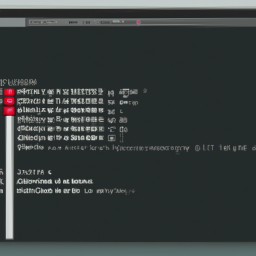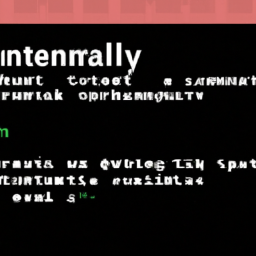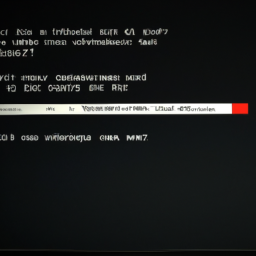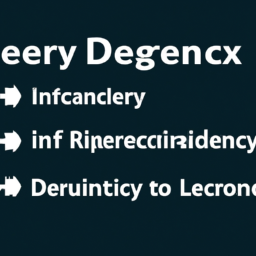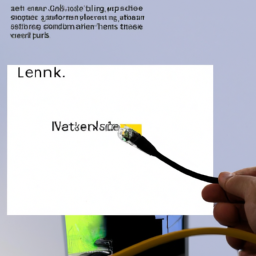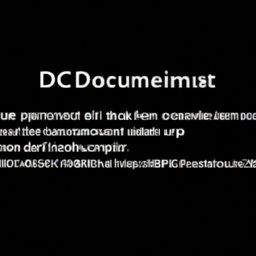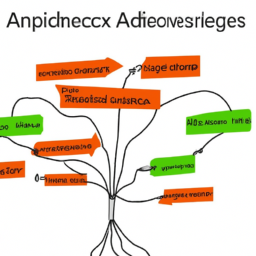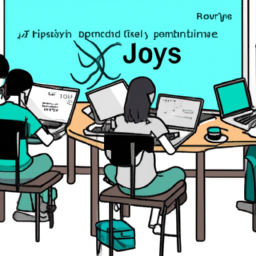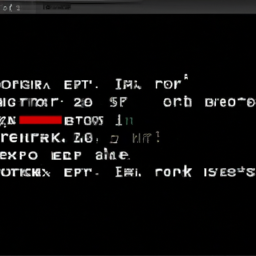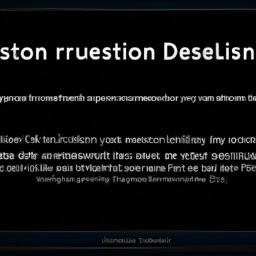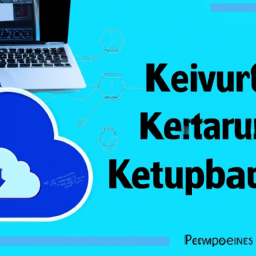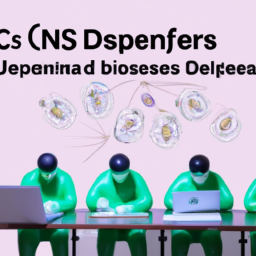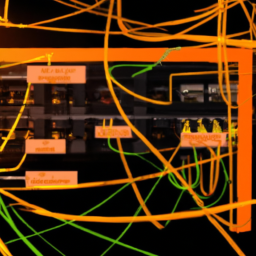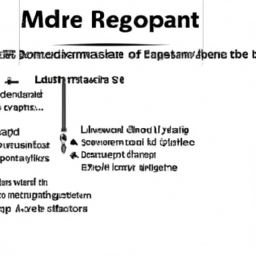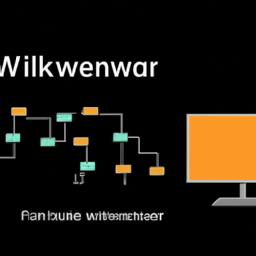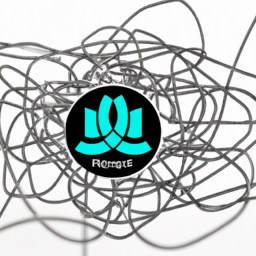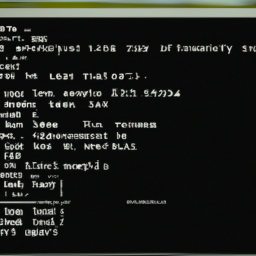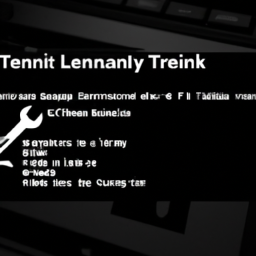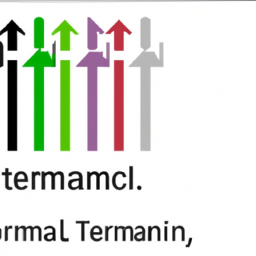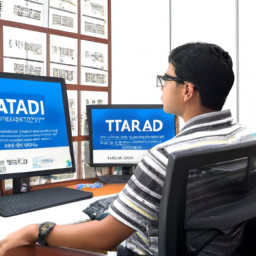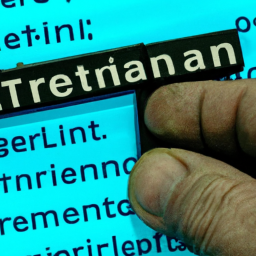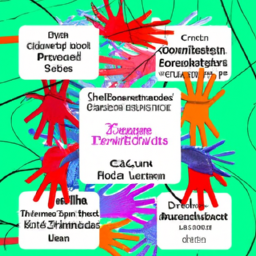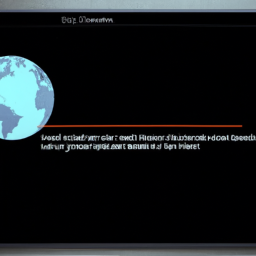Are you prepared to dive into the depths of Linux memory management? Brace yourself for an exhilarating journey, as we explore the challenges and best practices of memory leak detection in the Linux operating system.
In this article, we will unravel the mysteries surrounding memory leaks and equip you with the necessary tools and techniques to identify and mitigate them effectively. With your technical expertise in the Linux operating system and memory management, coupled with your strong problem-solving and analytical skills, you are ready to conquer this complex terrain.
But beware, for memory leaks can be cunning, often disguising themselves as innocent glitches or performance issues. With an unwavering attention to detail and the ability to follow best practices for memory leak detection in Linux, you will uncover their hidden trails and bring them to justice.
So, strap in, fellow Linux enthusiasts, as we embark on this adventure together. Let’s unravel the secrets of memory leak detection and ensure optimal performance and stability in our Linux systems.
Key Takeaways
- Linux memory management is complex and crucial for detecting memory leaks.
- Memory fragmentation can lead to inefficient memory utilization and decreased performance.
- Common symptoms of memory leaks include increased memory usage, slow performance, and crashes.
- Memory profiling tools like Valgrind and AddressSanitizer can be used to analyze memory leaks and identify leaks.
Understanding Linux Memory Management
You may find yourself feeling overwhelmed by the complexities of Linux memory management, but understanding it is crucial for effectively detecting memory leaks. As an expert in Linux operating system and memory management, you possess strong problem-solving and analytical skills, as well as attention to detail and the ability to follow best practices for memory leak detection in Linux.
Memory fragmentation and its impact on performance are key factors to consider. Fragmentation occurs when memory becomes divided into small, non-contiguous blocks, leading to inefficient memory utilization and decreased system performance. Techniques for optimizing memory allocation in Linux can help mitigate fragmentation, such as using memory pools or implementing smarter allocation algorithms.
Transitioning into the subsequent section about identifying common memory leak symptoms, it is important to recognize that understanding Linux memory management is the foundation for effectively detecting and addressing memory leaks.
Identifying Common Memory Leak Symptoms
Spotting telltale signs of a memory leak can be like finding a needle in a haystack, but keeping an eagle eye out for subtle clues can save you from potential headaches down the line. When troubleshooting memory leak issues, it’s important to identify the causes behind them.
Some common symptoms of memory leaks include increased memory usage over time, slow system performance, and frequent crashes or freezes. To effectively identify these symptoms, it requires technical expertise in the Linux operating system and memory management, strong problem-solving and analytical skills, and attention to detail.
By following best practices for memory leak detection in Linux, you can mitigate the impact of memory leaks on your system. In the next section, we will explore the use of memory profiling tools to further enhance your memory leak detection capabilities.
Using Memory Profiling Tools
To enhance your ability to identify memory leaks, utilize memory profiling tools. Memory profiling techniques for embedded systems can provide valuable insights into memory usage and help identify potential leaks.
When comparing memory profiling tools for different programming languages, consider factors such as ease of use, compatibility with your system, and the level of detail provided in the reports. Tools like Valgrind and AddressSanitizer are commonly used for memory profiling in Linux environments. These tools can analyze your code and detect memory leaks by tracking memory allocations and deallocations.
By utilizing memory profiling tools, you can gain a deeper understanding of your program’s memory usage and efficiently detect and fix memory leaks. This knowledge will be essential for analyzing memory leak reports and resolving any issues that arise.
Analyzing Memory Leak Reports
When analyzing memory leak reports, it’s important to dive deep into the data and uncover any hidden culprits that might be causing memory issues. As a technical expert in the Linux operating system and memory management, you possess strong problem-solving and analytical skills. Your attention to detail and ability to follow best practices for memory leak detection in Linux are crucial.
To effectively analyze memory leak reports, you need to employ various memory leak detection techniques and focus on analyzing heap memory usage. By thoroughly examining the allocated memory blocks and identifying any leaks or excessive memory consumption, you can pinpoint the root causes of memory leaks.
This knowledge will then enable you to implement best practices for memory allocation and deallocation, ensuring efficient memory management. Transitioning into the subsequent section about implementing best practices, you can now optimize memory allocation and deallocation techniques.
Implementing Best Practices for Memory Allocation and Deallocation
By adopting efficient techniques for managing memory allocation and deallocation, you can greatly enhance performance and optimize resource utilization. Here are some memory optimization techniques that can help you achieve this:
-
Use dynamic memory allocation instead of static allocation to allocate memory at runtime based on the actual requirements of the program.
-
Implement garbage collection algorithms, such as reference counting or mark-and-sweep, to automatically reclaim memory that’s no longer in use.
-
Avoid memory leaks by ensuring that every allocated block of memory is properly deallocated when it’s no longer needed.
As a technical expert in Linux operating system and memory management, it’s crucial to have strong problem-solving and analytical skills, as well as attention to detail and the ability to follow best practices for memory leak detection in Linux. By implementing these memory optimization techniques, you can lay a solid foundation for continuous monitoring and maintenance for memory leaks.
Continuous Monitoring and Maintenance for Memory Leaks
Keep an eye on your code like a vigilant gardener tending to a flourishing garden, ensuring that no unnoticed leaks drain away precious resources. Continuous monitoring and maintenance are crucial for detecting and preventing memory leaks in Linux.
By implementing memory leak prevention strategies, such as using appropriate data structures and avoiding unnecessary memory allocations, you can minimize the chances of leaks occurring.
Memory leaks can have a significant impact on system performance, causing excessive memory usage and slowing down the overall operation of the system. By regularly monitoring for memory leaks and promptly addressing any issues, you can maintain optimal system performance and prevent resource wastage.
With technical expertise in the Linux operating system and memory management, strong problem-solving and analytical skills, attention to detail, and a commitment to following best practices, you can effectively detect and eliminate memory leaks in your code.
Frequently Asked Questions
What are some common causes of memory leaks in Linux?
Common causes of memory leaks in Linux include improper handling of dynamic memory allocation, failure to release memory after it isn’t needed anymore, and programming errors like buffer overflows or dangling pointers. These memory leaks can significantly impact Linux performance. They can lead to increased memory usage, degraded system responsiveness, and even system crashes. As a Linux expert with strong problem-solving skills, attention to detail, and knowledge of best practices, you can effectively detect and mitigate memory leaks in Linux systems.
How can memory leaks impact the performance of a Linux system?
Memory leaks can significantly impact the performance of a Linux system. When memory leaks occur, the allocated memory is not freed, causing it to become unavailable for other processes. This can lead to increased memory usage, decreased system responsiveness, and even system crashes in extreme cases.
To detect memory leaks in Linux systems, you need technical expertise in Linux operating systems and memory management, strong problem-solving and analytical skills, attention to detail, and the ability to follow best practices for memory leak detection.
Are there any specific programming languages or frameworks that are more prone to memory leaks in Linux?
In the Linux operating system, there aren’t any specific programming languages or frameworks that are inherently more prone to memory leaks. However, certain languages like C and C++ require manual memory management, which increases the likelihood of memory leaks if not handled properly. Garbage collection, a feature in some programming languages, can help prevent memory leaks by automatically deallocating memory. However, its impact on real-time systems must be carefully considered as it can introduce latency.
As a Linux expert with strong problem-solving skills, attention to detail, and knowledge of best practices, you can effectively detect and prevent memory leaks in Linux systems.
What are some potential consequences of not addressing memory leaks in a Linux system?
Not addressing memory leaks in a Linux system can lead to potential long-term damage and system instability. As a technical expert in Linux operating systems and memory management, it’s crucial to have strong problem-solving and analytical skills. Attention to detail and the ability to follow best practices for memory leak detection in Linux is essential.
By neglecting memory leaks, you risk compromising the stability and overall performance of the system.
Is it possible to completely eliminate memory leaks in Linux, or are they an inherent part of the system?
To completely eliminate memory leaks in Linux, it’s necessary to follow strategies for effective memory leak detection. This involves using tools like Valgrind and AddressSanitizer to identify and fix leaks.
Additionally, techniques such as proper memory management, using smart pointers, and implementing garbage collection can minimize the impact of memory leaks on system performance.
By leveraging technical expertise, problem-solving skills, attention to detail, and following best practices, memory leaks can be effectively addressed in a Linux system.
Conclusion
In conclusion, mastering memory leak detection in Linux requires more than just technical expertise in the operating system and memory management. It demands the ability to navigate intricacies with strong problem-solving and analytical skills.
Like a skilled detective, attention to detail is crucial in identifying common memory leak symptoms and utilizing memory profiling tools.
By following best practices, we can effectively allocate and deallocate memory, ensuring a seamless system.
Remember, continuous monitoring and maintenance are the keys to a leak-free Linux environment.


